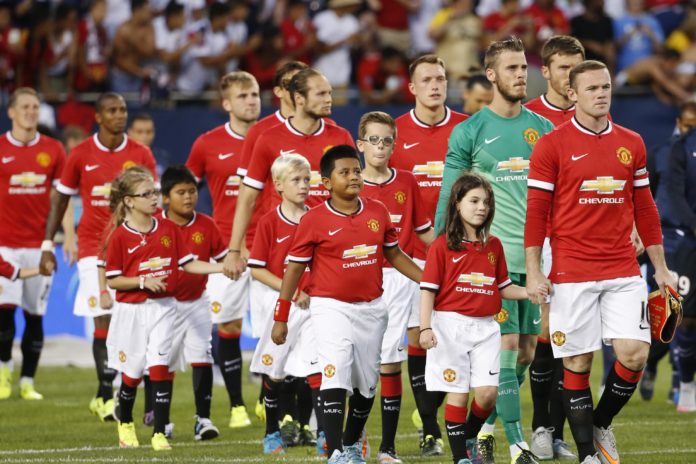If football is the heart of global sports, sponsorships are the lifeblood that keeps it pumping at full throttle. Over time, these collaborations have evolved from simple logo displays to intricate, multifaceted partnerships that make use of various marketing avenues. A landmark for football’s commerciality, sponsorships play an indispensable role in shaping the economics, brand value, and international reach of both clubs and individual athletes.
Iconic Sponsorships and Their Impact
When it comes to memorable sponsorships in football, the enduring collaboration between Barcelona and Nike is hard to ignore. Since 1998, this partnership has brought in an estimated around €100 million annually and enabled the club to maintain both daily operations and expand their presence as an international sports brand. Another notable partnership includes Manchester United’s relationship with Chevrolet, which provided them with an astounding £64 million annually from 2014 until March 2021. This ranks as one of the most financially lucrative shirt sponsorship deals available to them in sports. These significant deals have created a benchmark for how sponsorships can financially empower teams, enabling them to sign top players and invest extensively in both infrastructure and youth programs. The advantages of such partnerships extend beyond just finance, providing excellent visibility and enhancing the brand image for all involved parties. In many cases, these collaborations also open the door to impactful initiatives focused on social good and community outreach.
The Role of Online Platforms
In 2022, Middlesbrough Football Club made headlines for an unconventional approach to sponsorships during Safer Gambling Week. Collaborating with 32 Red, the club showcased kits with special ‘Zero % Mission’ branding in matches against Wigan Athletic and Huddersfield Town. This effort was part of Safer Gambling Week, an industry-wide initiative encouraging responsible gambling behaviors across both the United Kingdom and Republic of Ireland. Unlike traditional sponsorships that focus solely on financial gain, 32 Red’s partnership transcends mere advertising. Online platforms like 32 Red sports are gradually influencing not only the economic aspects but also the ethical dimensions of the football world.
The Future of Sponsorships
So, what’s on the horizon for football sponsorships? As tech titans like Amazon and Google expand their footprint in sports broadcasting, one might anticipate an upsurge in sponsorships from within their respective industries. Given the rise of cryptocurrency, we could also see more deals involving digital assets. For instance, Watford FC made waves by featuring the Bitcoin logo on their shirts. The future could offer collaborations that go beyond traditional financial and marketing aspects, incorporating fan experiences enhanced by virtual reality or gamified interactions. Emerging technologies like AI and machine learning may also find their way into future sponsorship contracts, providing fans with highly personalized experiences. On another front, as public awareness of social issues grows, we might witness an increase in sponsorships focused on social responsibility, shaping the industry in a comprehensive and impactful way.




